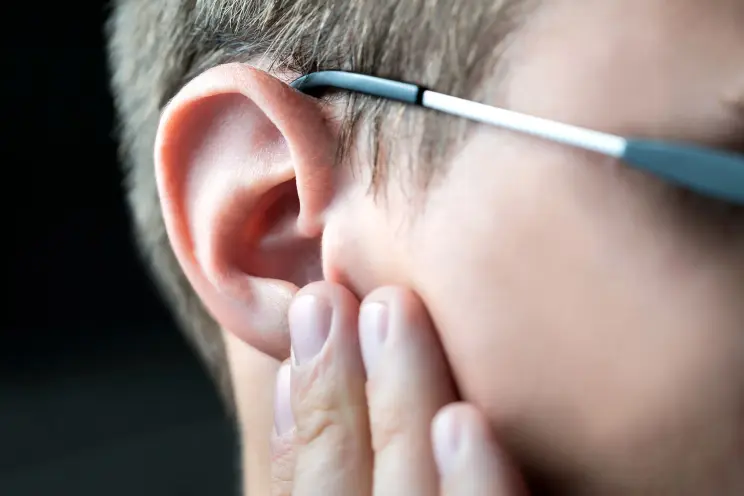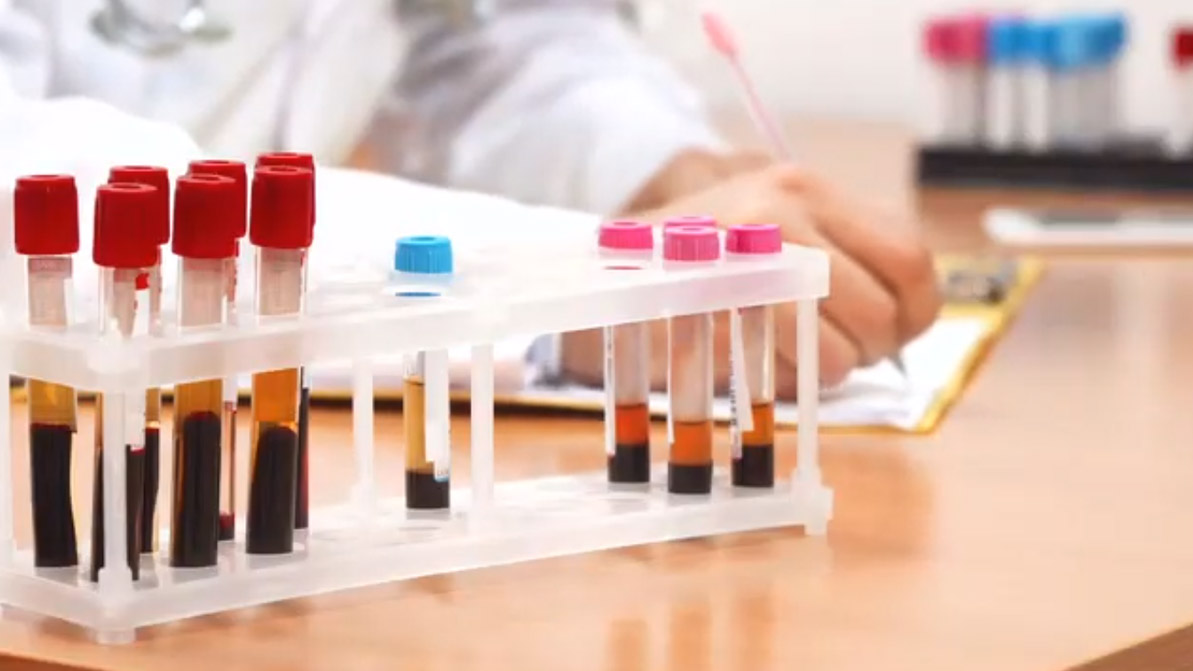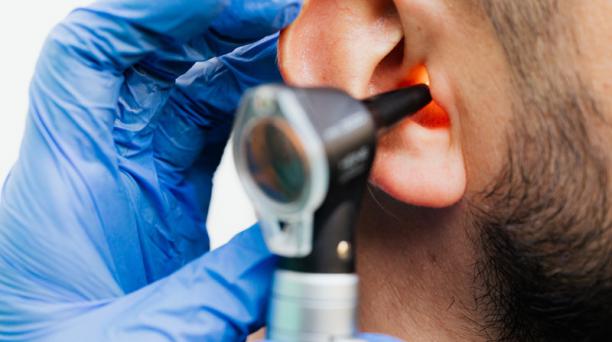Earwax contains the stress hormone cortisol, which could be used to help diagnose mental health issues, according to a new study.
Researchers at the University College London Institute of Cognitive Neuroscience found that the oily secretions around the ear canal contain enough of the stress hormone to aid in diagnosing depression and other psychiatric conditions, Dr. Andres Herane-Vives, who led a study published in the journal Heliyon.
In the study, 37 people gave up samples of their earwax to researchers from the U.K., Chile and Germany, The Guardian reported. Also obtained were hair and blood samples, so as to compare different methods of retrieving cortisol.

Researchers were aided by a new device they invented — a sort of cotton swab designed to extending far enough into the ear to collect the wax but avoiding eardrum damage, The Guardian said.
“Cortisol sampling is notoriously difficult, as levels of the hormone can fluctuate, so a sample might not be an accurate reflection of a person’s chronic cortisol levels,” Herane-Vives, a psychiatrist at the Cognitive Neuroscience institute, told The Guardian. “Moreover, sampling methods themselves can induce stress and influence the results. But cortisol levels in earwax appear to be more stable, and with our new device, it’s easy to take a sample and get it tested quickly, cheaply and effectively.”
Cortisol is the infamous “fight or flight” hormone, the one that raises the alarm during stressful situations. When the switch letting it loose does not turn off, it becomes chronic, and health problems ensue.
“The long-term activation of the stress-response system and the overexposure to cortisol and other stress hormones that follows can disrupt almost all your body’s processes,” the Mayo Clinic says on its website. This ups one’s risk of not just anxiety and depression but also digestive issues, headaches, heart disease, problems sleeping, weight gain, and impairment of memory and concentration.
However, cortisol’s precise role in conditions such as anxiety and depression isn’t known. Herane-Vives aims to get to the bottom of that puzzle, using such measurements as a tool to home in on the right treatment, he told BBC News. For one thing, it could help inform mental health professionals who might be most likely to benefit from antidepressants, he said.
He also hopes at some point to expand the diagnostic capabilities of earwax study to look for clues for other conditions — everything from monitoring diabetes to detecting novel coronavirus antibodies, he told BBC News.
The correlation is not unprecedented. Whale earwax has been shown to record stress levels in the marine mammals over a lifetime, according to Smithsonian.








